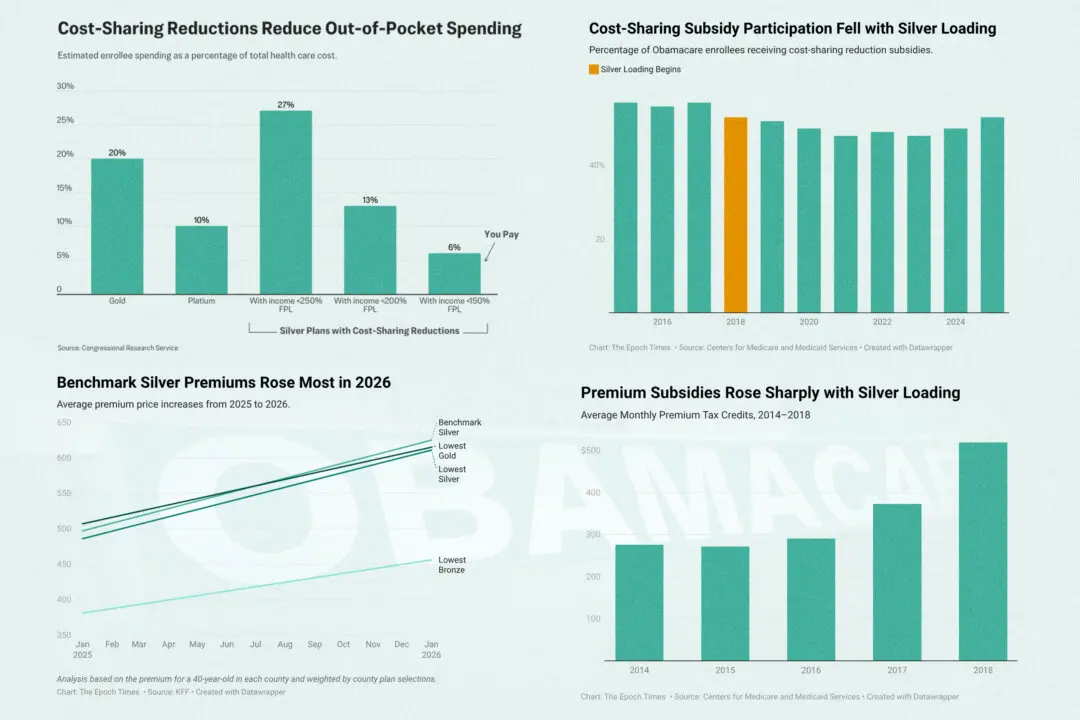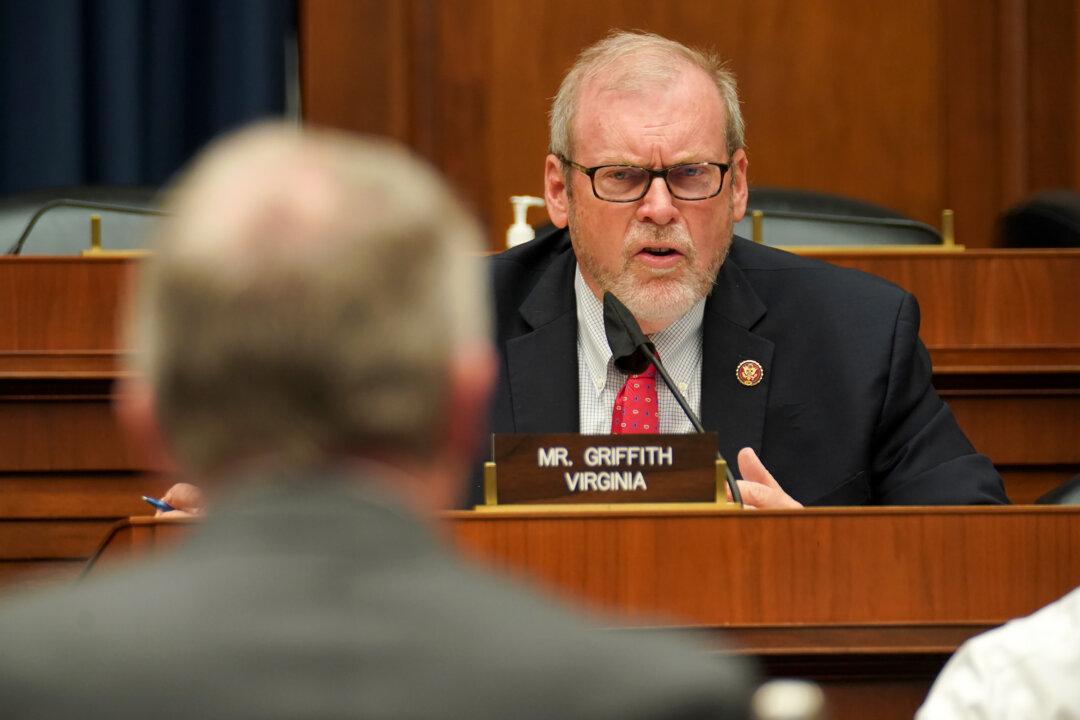President Joe Biden further accelerated the nation’s switch to electric vehicles by announcing two proposed federal rule changes aimed at reducing greenhouse gases and other pollutants in motor vehicle emissions.
The changes, announced on April 12, would affect virtually all gasoline-powered vehicles on U.S. highways, save consumers an estimated $12,000 in fuel and maintenance costs over the life of a vehicle, and avoid almost 10 billion tons of carbon dioxide emissions through 2055, according to the Environmental Protection Agency (EPA).





